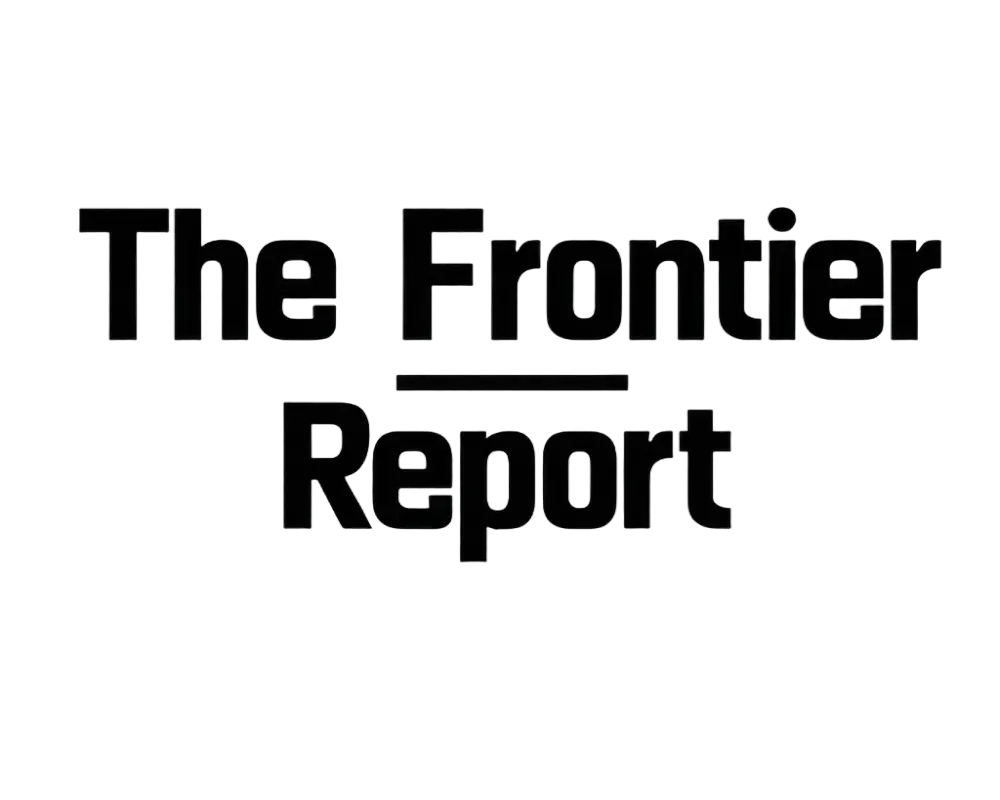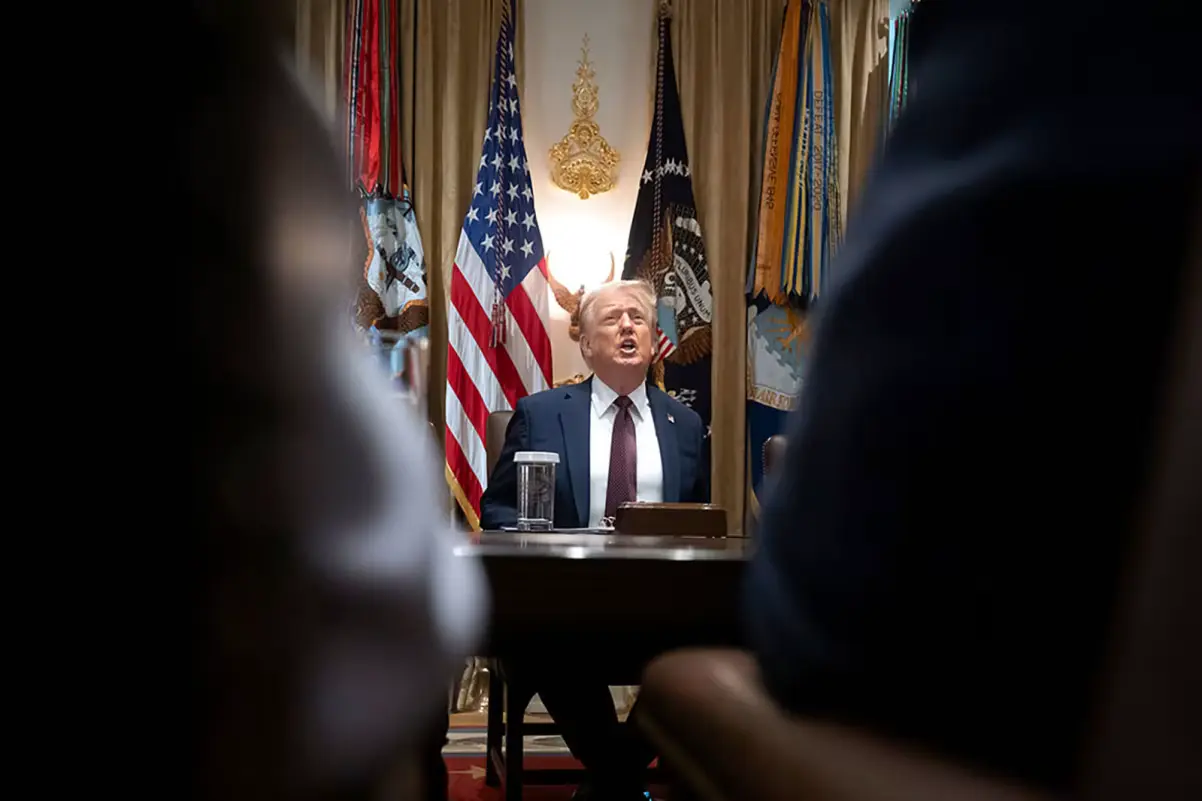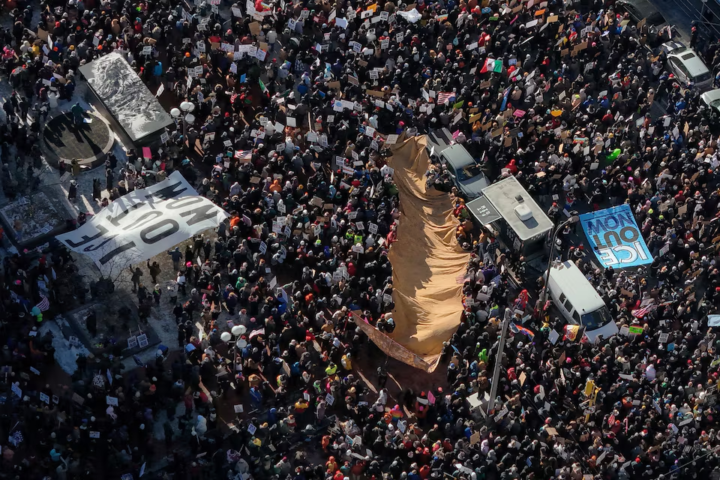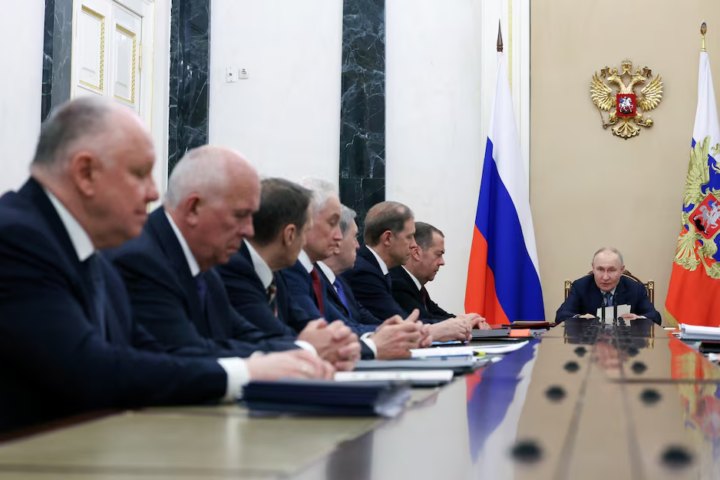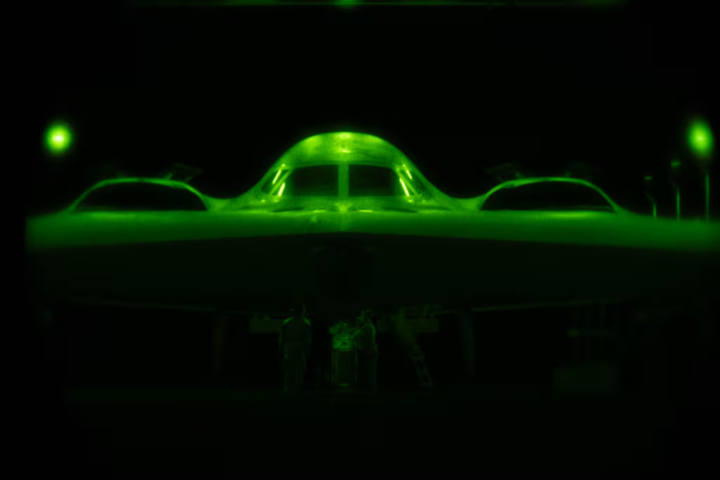Donald Trump recently said he has the right to “do anything” as president — a comment that kicked off a new round of worry about how he sees the job. He made the remark while talking about federal involvement in local matters. To some, it was just Trump being Trump. To others, it was something more serious: a red flag about how far he thinks presidential power goes.
Trump has always pushed the idea that the presidency comes with sweeping authority. Over the years, he’s used executive orders and emergency declarations like tools in a toolbox. He doesn’t treat Congress like a co-equal branch. He treats it like an obstacle. And he often speaks as if he alone calls the shots.
His supporters don’t mind. Many of them like it. To them, it’s refreshing to have a leader who doesn’t get bogged down in political back-and-forth. They see it as strength — someone who cuts through red tape and gets things done. But others see danger in this kind of thinking. If one person can do anything, then what’s stopping abuse of power?
Presidents Have Power — But Not All the Power
The U.S. Constitution lays out a system built on limits — three branches, each meant to keep the others in check. A president isn’t supposed to rule like a king. Congress writes the laws and controls the budget. The courts can stop executive actions that go too far.
History backs this up. Even during war or national emergencies, presidents have hit legal walls. The courts have struck down actions that clashed with the law or trampled on rights. There’s a long record showing that the office isn’t all-powerful — even if some want it to be.
Some legal minds argue for the “unitary executive theory,” which says the president should have strong control over the executive branch. But even that idea doesn’t mean total freedom. It doesn’t erase checks and balances or the Constitution. Recent Supreme Court decisions gave presidents some protection for official acts, but they didn’t say the president is above the law.
So when Trump says he can “do anything,” it’s not just bold talk. It’s a direct challenge to a system that’s supposed to stop any one person from having too much power.
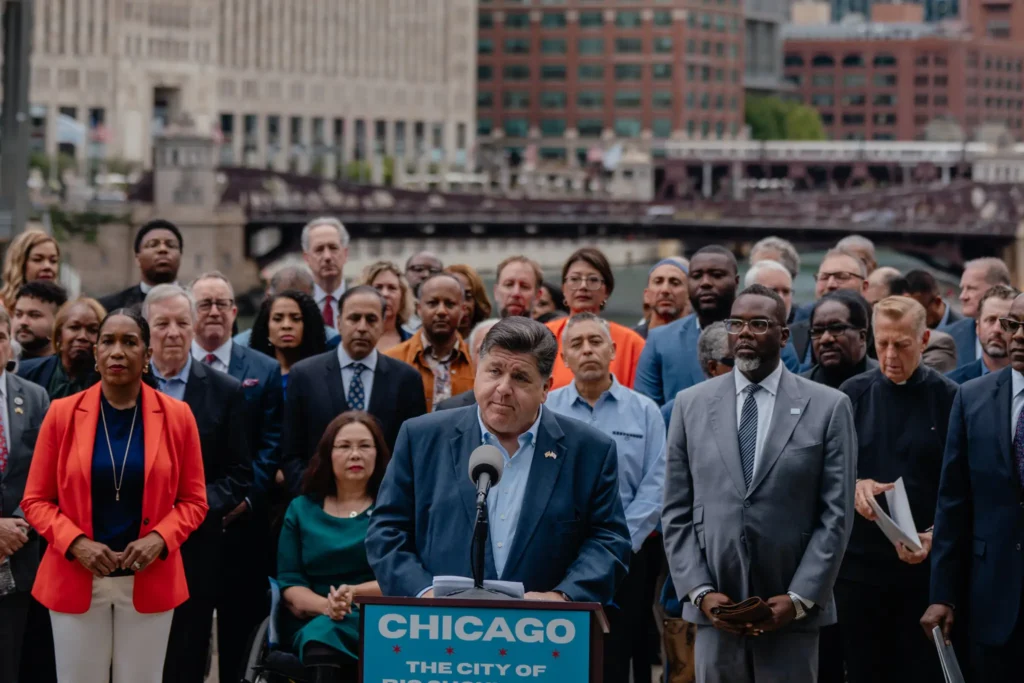
Why It Matters Now
This kind of statement hits harder in today’s political climate. The country is already split over big questions — federal vs. state power, law enforcement, individual rights. When a former president says the job comes with no limits, it adds more pressure to an already stressed system.
It also sends a message to whoever comes next: maybe you don’t have to play by the rules. Maybe you can push a little further, take a little more. That kind of thinking could chip away at the balance between the branches — and once it’s gone, it’s hard to get back.
There’s also a political play here. Trump often casts himself as the outsider battling the “deep state” or the elites. When he says things like this, it riles up his base and puts his critics on the defensive. Instead of debating policy, they end up defending the basics of the Constitution.
But that’s the real issue: when the rules only work if people agree to follow them, what happens when someone stops? Can the system hold? Will the other branches step in? Or will it all slide toward something less democratic?
Trump’s view of presidential power isn’t just a legal question. It’s a test — for the system, for the other branches, and for the public.

